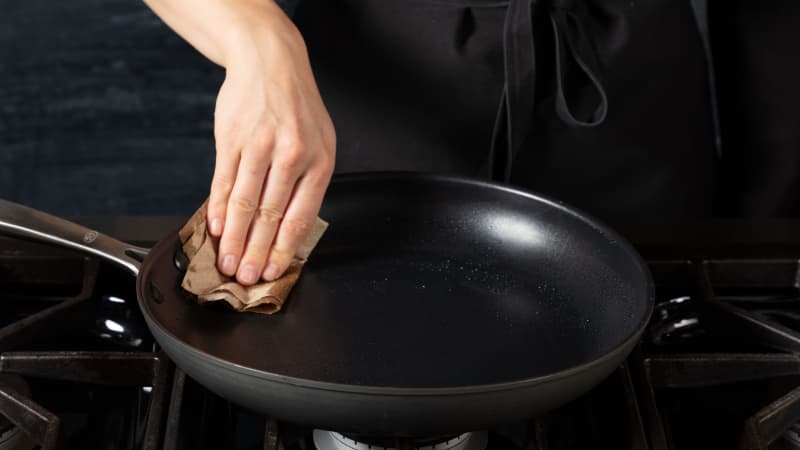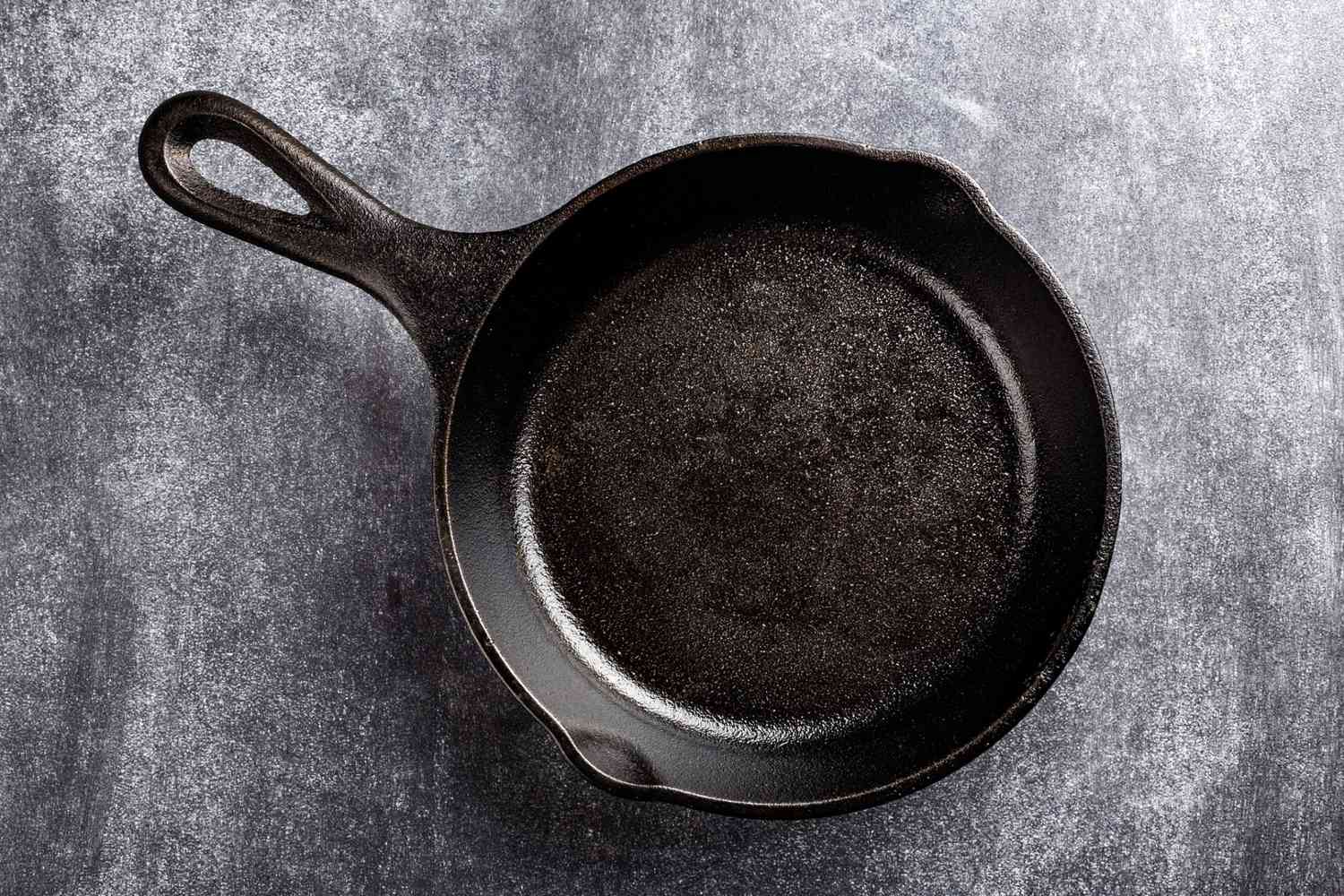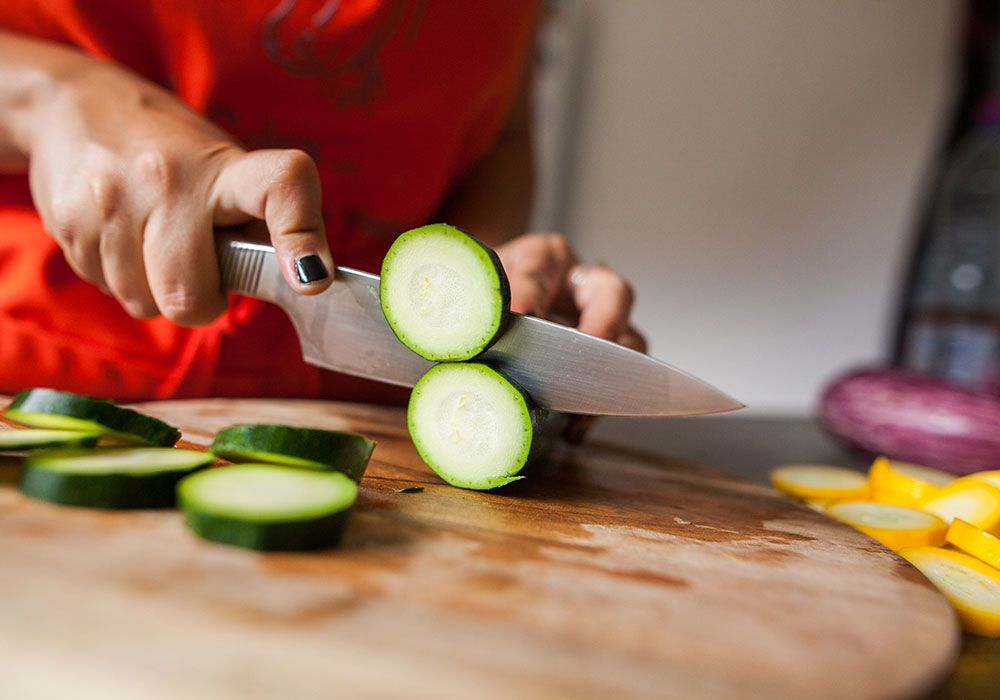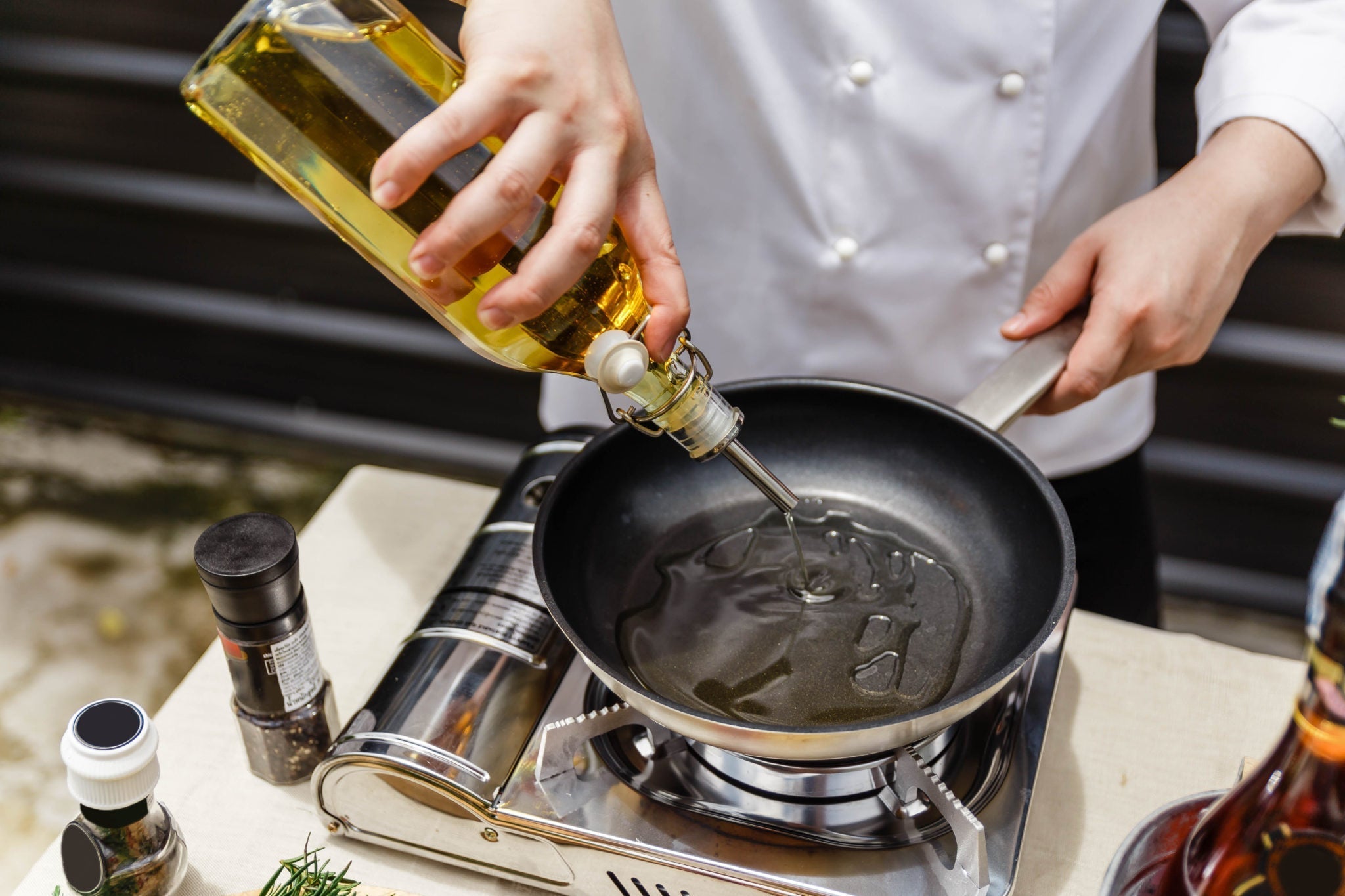Understanding what oven temp for seasoning cast iron is crucial for achieving a perfectly seasoned skillet that enhances your cooking experience. If you're a kitchen professional or a passionate home cook, mastering the art of cast iron seasoning can elevate your culinary capabilities. This guide dives deep into the nuances of cast iron maintenance, ensuring you have the tools and knowledge to keep your cookware in top shape.
So, what is the ideal temperature for seasoning cast iron? Generally, the consensus among culinary experts is to aim for a temperature range of 400F to 500F (204C to 260C). At this range, the oil used for seasoning will reach its smoke point, allowing it to bond to the surface of the cast iron effectively. But lets explore this topic in greater depth, including the types of oils to use and common mistakes to avoid.

The Importance of Seasoning Cast Iron
Seasoning is the process of applying a layer of fat to the surface of your cast iron, which, when heated, creates a slick, non-stick coating. Not only does this help reduce sticking during cooking, but it also protects your cast iron from rusting, ensuring a longer lifespan.
How to Season Your Cast Iron Properly
1. **Clean the Pan**: Start by cleaning your cast iron skillet with warm water and a stiff brush. If theres old seasoning or rust, consider using this method to remove it.
2. **Dry Thoroughly**: After cleaning, it's crucial to dry the skillet completely. Leave it on low heat for a few minutes to ensure all moisture evaporates.
3. **Apply an Oil Layer**: Use an oil with a high smoke point, such as flaxseed or canola oil. A thin layer is all that is necessary; excess oil can cause pooling.
4. **Choose Your Oven Temp**: Preheat your oven to between 400F and 500F (204C to 260C). This heating range allows for proper polymerization of the oil.
5. **Bake Upside Down**: Place your skillet upside down on the top rack of your oven, with a sheet of foil on the bottom to catch drips. Bake it for an hour, then turn off the oven and let the skillet cool down inside.
For further insights on appropriate temperatures, you might find this resource particularly helpful.
Common Mistakes to Avoid When Seasoning
Even seasoned chefs can slip up when it comes to cast iron care. Below are some common mistakes to avoid:
- Using Low-Quality Oil: Always choose oils with a high smoke point.
- Overloading with Oil: Less is more. Thick layers of oil can lead to sticky coatings.
- Not Heating Enough: Insufficient heat won't allow the oil to bond correctly.
How Many Layers of Seasoning is Ideal?
It is recommended to apply at least 3 layers of seasoning for optimal performance. Some chefs apply even more to create a resilient coating. For in-depth understanding, visit this link.
Maintaining Your Seasoned Cast Iron
Once you've achieved that perfect seasoning, maintaining it is key. Regularly using your skillet for cooking and cleaning it correctly will ensure your layers remain intact. After cooking, always avoid soaking your cast iron and instead clean it while it's still warm.
How to Fix Splotchy Seasoning on Cast Iron
If you notice splotchy or uneven seasoning, don't despair. You can fix it by applying a new layer of seasoning. Start by cleaning the skillet, drying it thoroughly, and reapplying oil before baking. Resources like this page can provide additional guidance.

FAQs
What oil is best for seasoning cast iron?
Oils with a high smoke point, such as flaxseed oil, canola oil, or grapeseed oil, are ideal for seasoning.
Can I use my cast iron skillet immediately after seasoning?
It's best to allow the skillet to cool completely after seasoning before using it to allow the oil to set properly.
How often should I season my cast iron?
You should consider seasoning your cast iron skillet after each use or when it appears dull or rusty.
As an Amazon Associate, I earn from qualifying purchases.






Leave a comment
This site is protected by hCaptcha and the hCaptcha Privacy Policy and Terms of Service apply.